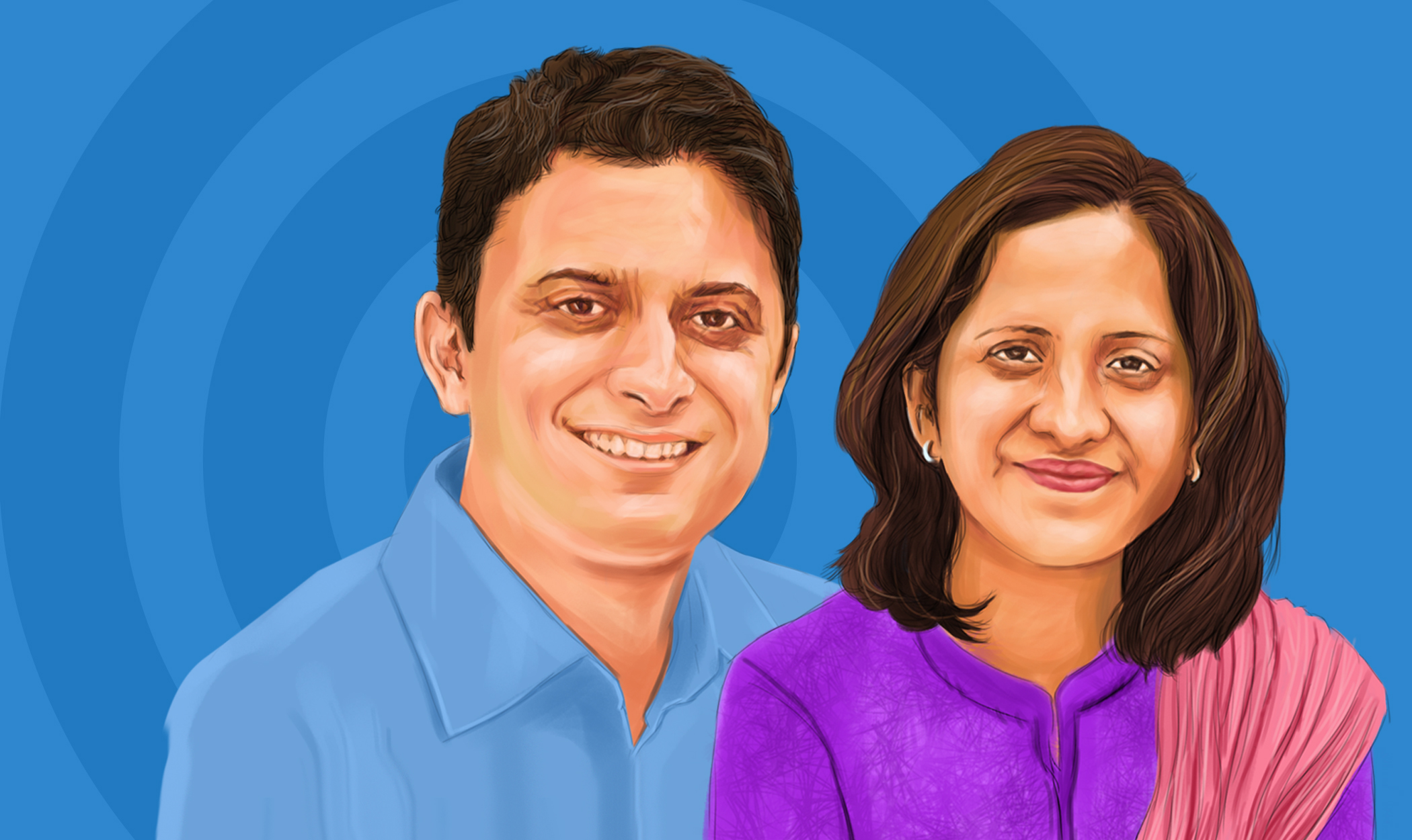No news is good news until it’s bad news.
Over the years, several mainstream news engines have secretly nourished the idea of using bad news as a tool to create virality of their content. It’s reached a stage where The World Health Organisation asked people to stay away from “news about COVID-19” to ensure mental well being amid the pandemic.
Some believe that in pursuit of viral content, the mainstream news engines aren’t even celebrating good news that matters.
Is good news all about cheerleading? This is the question I had in mind when I first came across The Better India, a digital media platform that focuses on positive stories and celebrates ideas and people that create good impact, a few years ago.
The good thing is that both Anuradha and Dhimant Parekh, The Better India founders, have no background in journalism or news. They’re both engineers. And like good engineers they looked at the problem of negativity, and decided to fix it by focusing on positive news that matters.
“We’re avid consumers of news. When we started around 2008, there was so much negativity around us. And we were also aware of people working in the social sector helping the marginalised communities, creating impact. We felt it was all getting drowned in the noise,” Anuradha, a former engineer at Infosys, tells me in this podcast.
Dhimant and Anuradha met at the Indian School of Business in 2006, stayed in touch and got married before building The Better India together.
“How can we leverage the internet to drive large-scale impact?” Dhimant remembers asking the question back then.
“The biggest way to drive impact, we thought, is to mobilise people through the power of stories. Can we put a spotlight on things that are working in the country with the hope that many others get inspired, and replicate? In our heads it was always about using storytelling to create the impact. “
How do you keep finding good stories amidst all the negativity and gloom?
“What has kept us going is the impact we are driving every single day. The source of optimism is the regular feedback on the impact. Inherently we are not optimistic people.”
Any survival lessons?
“There isn’t just a valley of death (for startups), but valleys of death. Every now and then it helps to keep asking why we started in the first place,” adds Dhimant.
Additional reading: Do check out The Better India Junior edition. I like the way news for kids is being reimagined here.


